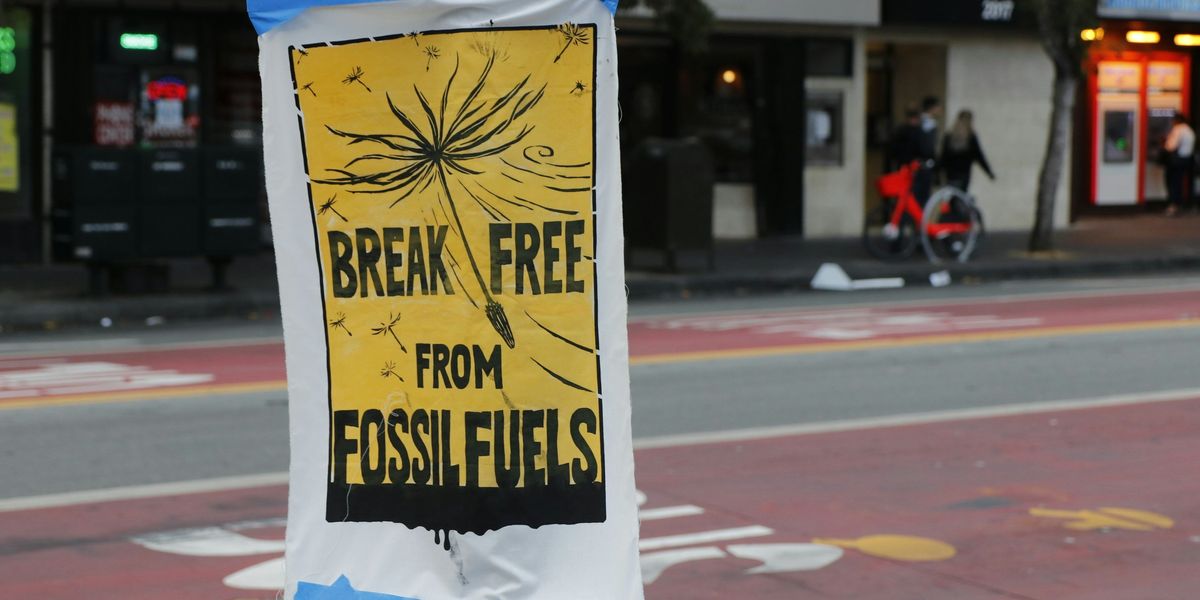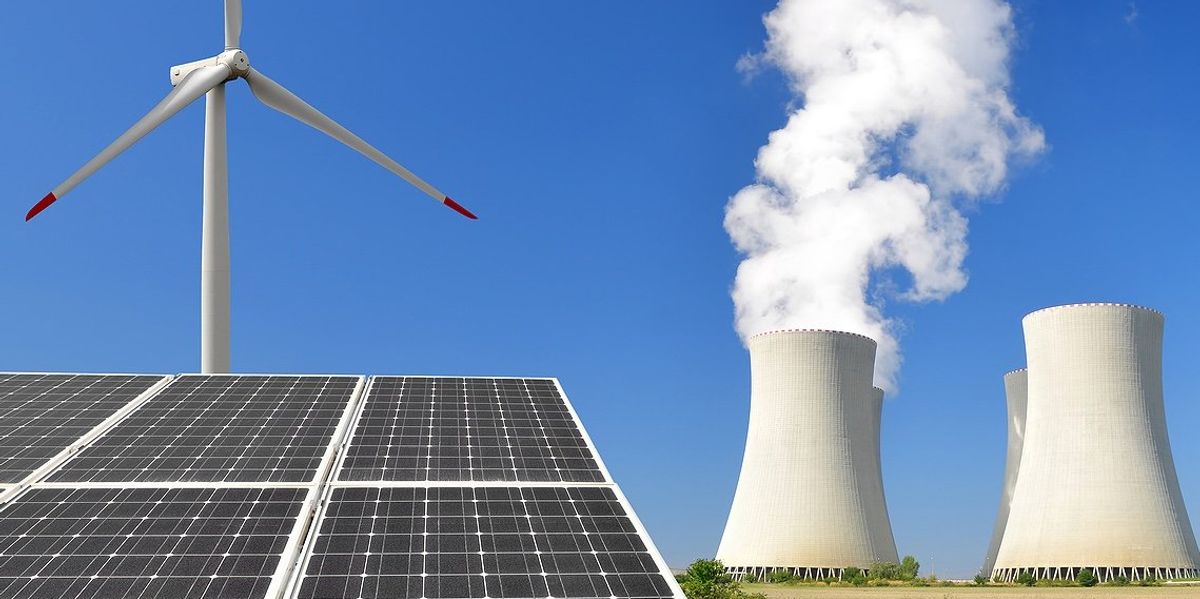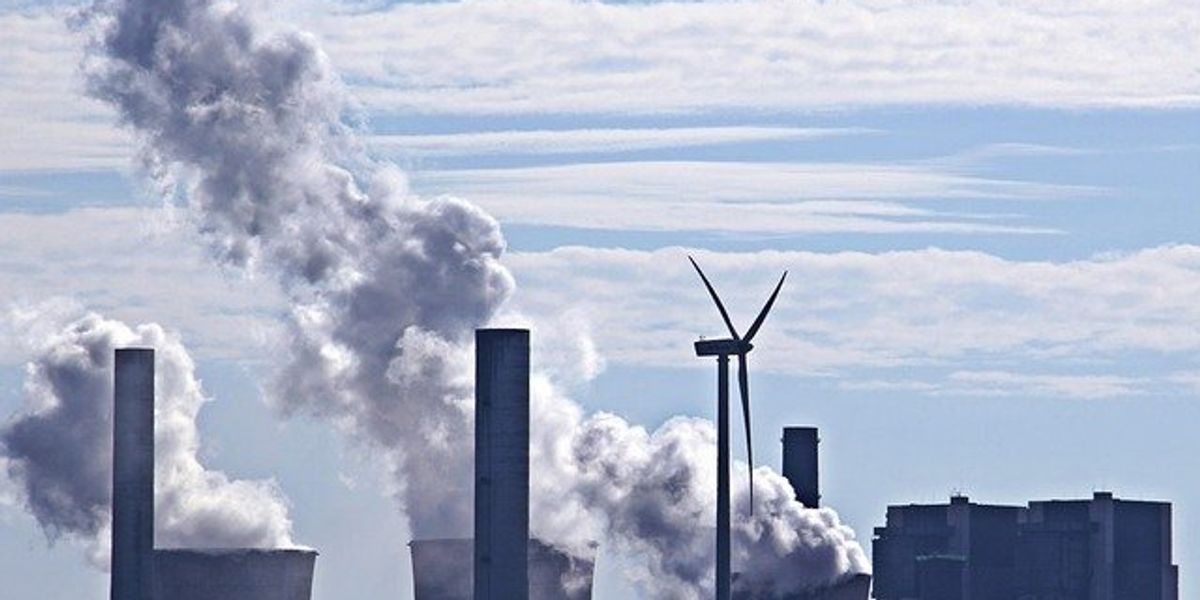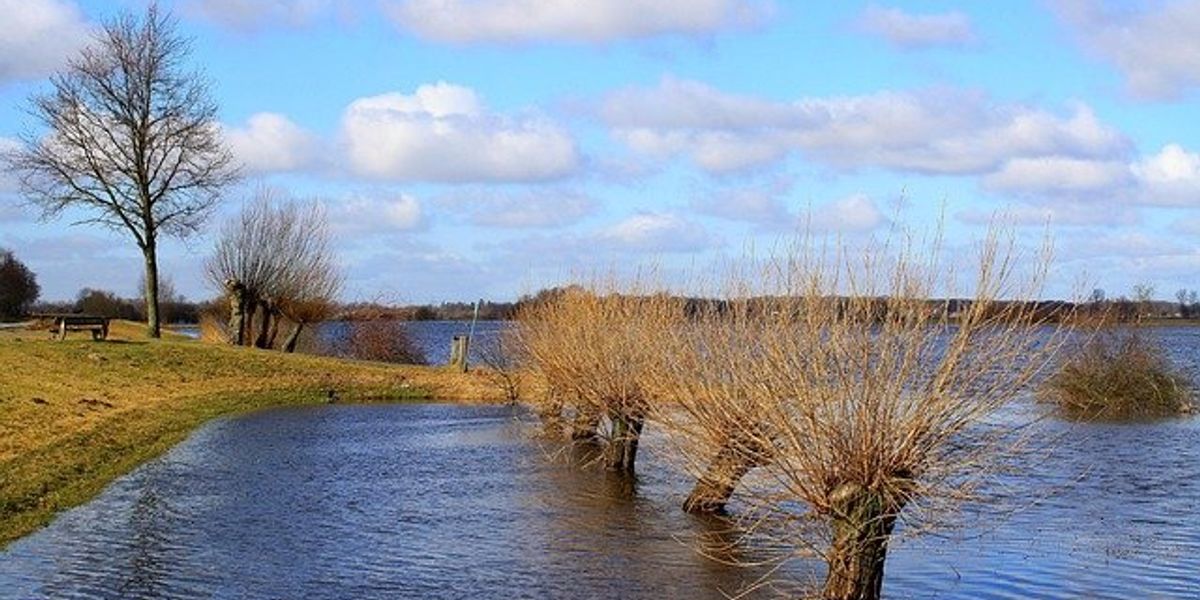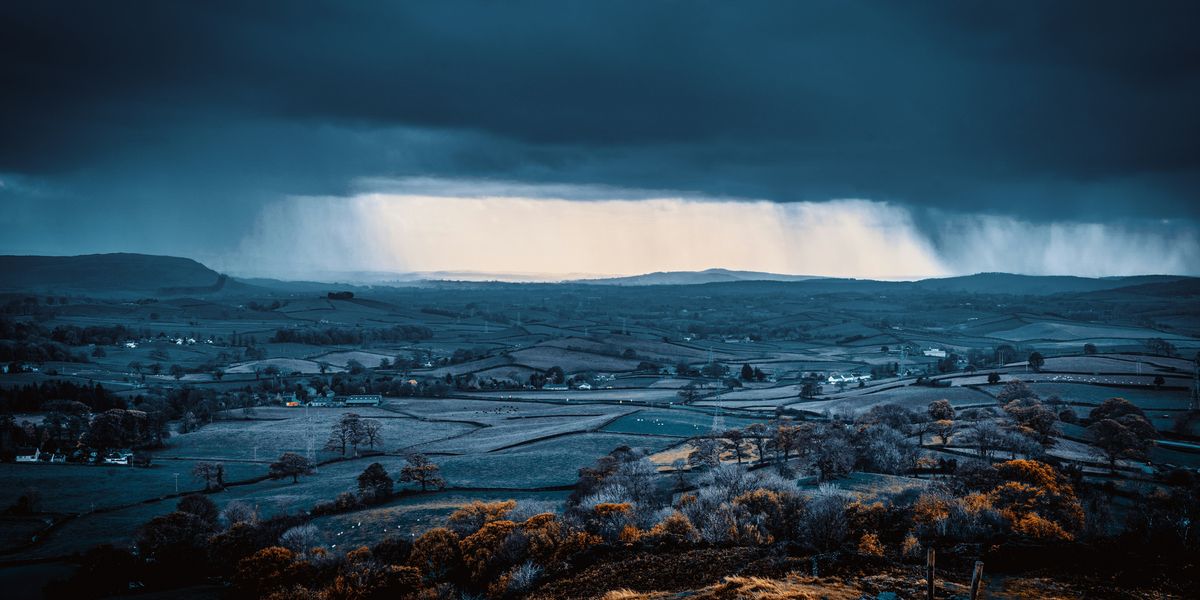
Credit: Shane McLendon/Unsplash
23 July 2024
The US funds lithium mining, risking water supplies
Federal funding for lithium mining under the Inflation Reduction Act is raising concerns about environmental impacts on water supplies.
Elyse Hauser reports for Floodlight.
In short:
- The Inflation Reduction Act and other federal programs provide significant funding for lithium mining to meet the demand for electric vehicle batteries.
- Lithium mining methods, such as brine evaporation and hard rock mining, pose substantial risks to groundwater supplies and biodiversity.
- Local communities and environmentalists are opposing new mining projects, fearing long-term ecological damage and threats to sacred Indigenous sites.
Key quote:
"We need lithium as a part of our transition off of fossil fuels, but it can’t come at the expense of biodiversity or our most precious protected areas."
— Patrick Donnelly, Center for Biological Diversity
Why this matters:
Increased lithium mining is critical for the energy transition, but it threatens water resources and ecosystems, especially in arid regions. Effective regulations and alternative battery technologies are needed to balance environmental concerns with energy needs.


